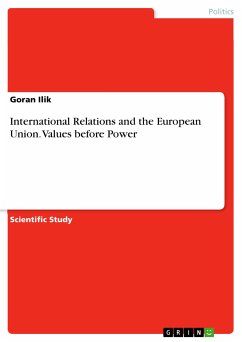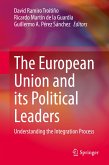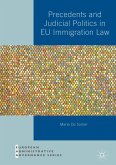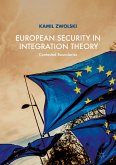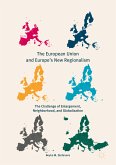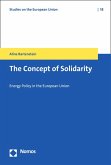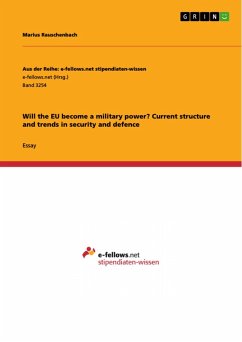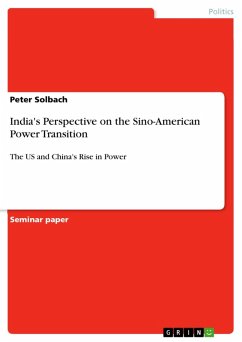Scientific Study from the year 2020 in the subject Politics - Topic: European Union, , language: English, abstract: The book treats the role, status and nature of the European Union in the contemporary international relations, with special emphasis on the value corpus and potential of the European Union in relation to other actors on the global political stage. In this context, the operationalization and rationalization of the nature of the European Union, i.e. its postmodern determination and the deeply planted modern core, composed of 27 sovereign member states, is being established. The book also analyzes the institutional and political architecture of the Lisbon Treaty, especially in the area of EU's Common Foreign and Security Policy, as well as the legal implications of this Treaty for the further development and transformation of the EU into a political union. The book also discusses the status and role of the EU in relation to the BRICS grouping and their external and internal value capacity, in the context of the contemporary international liberal order, taking into account the new global deviations, such as the rise of populism and illiberalism in Europe and the world. Immediately after that, the EU's relations with China are analyzed, taking into account the Chinese 'project of the century', embodied in the 'Belt and Road Initiative', considered as a process of expansion of Chinese influence in the global context. In the context of the EU's establishment as an actor in international relations, special attention is paid to the imperial past of its member states, especially since out of 27 EU member states, 10 of them are former colonial empires. Hence, conclusions are drawn about the possibilities for deepening the cooperation between the EU member states with their former colonies (today sovereign states), but this time in the favor of the European Union's global goals and interests. Finally, the book analyzes the EU's projections on the creation of a new, post-American international context, according to its 'ideological baggage' composed of the values of multilateralism, regionalism and institutional creativity, as a 'community of values', firmly constituted on the power of law, instead of on the right of force.
Dieser Download kann aus rechtlichen Gründen nur mit Rechnungsadresse in A, B, BG, CY, CZ, D, DK, EW, E, FIN, F, GR, HR, H, IRL, I, LT, L, LR, M, NL, PL, P, R, S, SLO, SK ausgeliefert werden.

